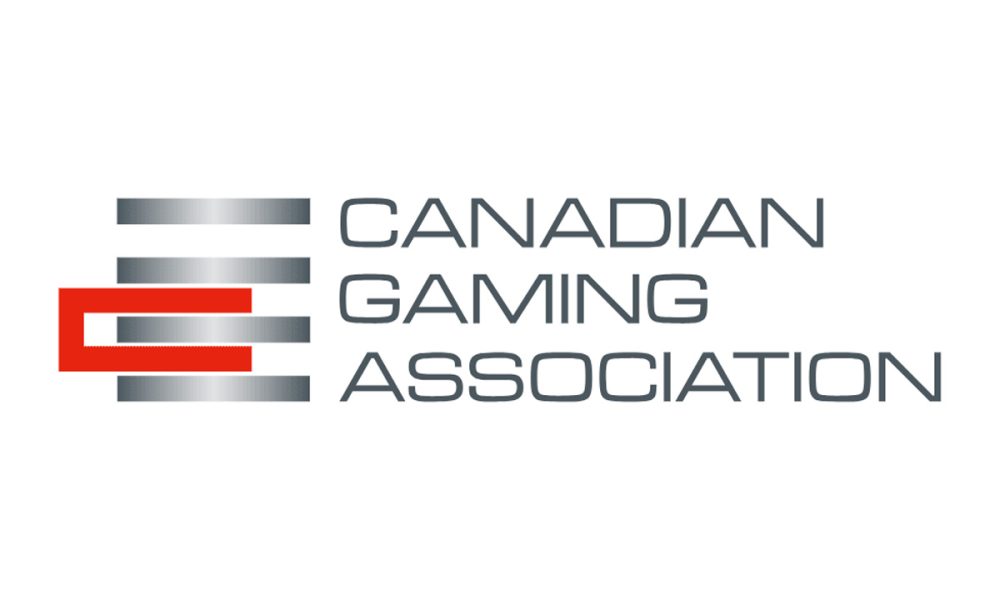In an effort to make player health a priority for 2024, the Canadian Gaming Association is pushing ahead with an Action Plan to Promote Responsible Play. Part of that will be the new CGA Responsible Gambling Guiding Principles, developed in tandem with the Responsible Gambling Council, and a new Industry Responsible Advertising Code, developed with Ad Standards.
CDC Gaming spoke with CGA President and CEO Paul Burns about the new initiative during the “CGA Symposium on Promoting Player Health and Wellbeing” in Toronto just before Christmas, where more than 100 gaming operators, suppliers, gaming regulators, and crown operating agencies took part.
Was it feedback from operators that pushed you toward developing the action plan?
“It started at the beginning of the year (2023), long before the (AGCO) consultations on revised advertising standards even started. We’ve gone through a process of developing an RG action plan, as we call it, an action plan to promote responsible play.
“It was really about the need for the industry to put its voice forward. There’s a lot of excellent work going on. The commitment to player health and ensuring our players have the right tools and information knowledge to make informed decisions, all of the work that’s been done by companies in the marketplace has been strong and we want to tell their stories. That’s really what we’re trying to do, from land-based casino operators to online operators. There’s a strong commitment to healthy play and ensuring sustainable customers.”
Why do you feel that this is so necessary?
“Because we believe that that we’re in the public trust and part of that is saying that we’re committed to ensuring that we have healthy relationships with our customers. And it was a process for us to look at what other industry associations have done. So there was lots of discussions with the BGC (Betting & Gaming Council) of the UK and other European operator associations. Those in the north, like Denmark, what have they done, as industry associations?
“We did focus groups with CGA members and board members. We did surveys of members, all to begin to develop a set of principles for the strategy, which we have now. And then what would some of those projects be? That’s where today came from, the foundational elements, bringing a set of guiding principles for the industry, that sort of commitment of what we believe in and what we do.
“Then getting the industry’s input on this, because we’re not the first ones to do it. The Canadian gaming industry has changed. As a country, we’ve done great work in the responsible-gaming space and we’re leading there. But we also have a whole new dynamic of private-sector operators and suppliers, who also do really good work. They want their voices to be heard, to tell their stories.
“It’s a commitment and a responsibility for us as an industry, when we’re talking to policymakers and stakeholders, to show them that this is our commitment. It’s out there and it’s real.
“Professional sports leagues … weren’t part of the gaming industry in Canada a few years ago. Now they are, so working with them, with broadcasters, everybody understands that we need to make sure the public understands the industry’s commitment. Part of this is to go through this process to demonstrate some of those foundational elements. This will be a continual program of the CGA. There will be a steering committee with industry members and some members of our board. We’re starting the engagement with the industry now. They told us they wanted us to do this.”
Now that the action plan is underway, what are people in the industry telling you?
“It’s been positive. There’s been a lot of understanding that yes, it’s something we should be doing. Building on what the industry has been doing has been important in helping to build the guiding-principles statement. It will go out to the broader industry for some more consultation in the coming weeks. So we still have lots of work.
“But it’s going to be a long process of engagement and consultation, working with the industry to put our best message forward, because when you talk to individual organizations and see some of the great work they do, the sum of all the parts is powerful.
“We understand governments, regulators, are writing rules, but then even with the changes to the advertising standards in Ontario, the industry is saying, ‘Help us understand how we comply.’ Everybody wants to comply, but also everybody’s going above and beyond what a lot of the standards are. And that’s what we want to communicate. We’re talking to policymakers — maybe we don’t need another regulatory standard for x or y, because the industry is already doing so much.
“And maybe we just need to communicate what we do every day. It’s a constant conversation. You want customers who will play within their limits entertainment or fun, because they’re sustainable customers and in the end, that’s what we want. That’s what the business will be built on. The products are designed to be entertainment. And that’s what we want them to be, to make sure it’s fun and enjoyable.”
The CGA will roll out more of their responsible-play action plan in early 2024.



